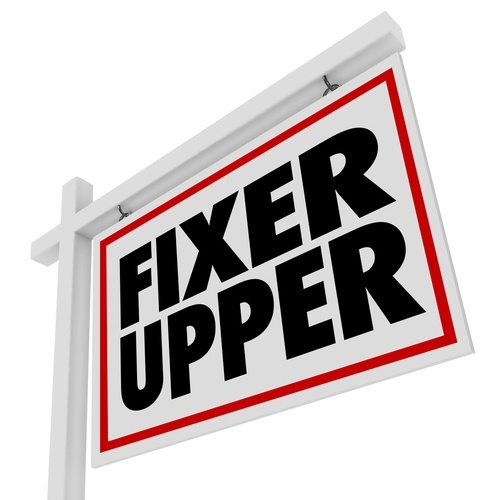Make Room for Baby
 Is your family soon growing from two to three – or even four? Then it’s time to start thinking about how you’re going to make room for the newest addition to your tribe. If you aren’t sure how to find space for a baby in your home, here are some ideas to get you started.
Is your family soon growing from two to three – or even four? Then it’s time to start thinking about how you’re going to make room for the newest addition to your tribe. If you aren’t sure how to find space for a baby in your home, here are some ideas to get you started.
Get rid of unneeded clutter
Babies may be small, but their stuff isn’t. You’ll soon find yourself swimming in onesies, stuffed animals and car seats. Before the baby’s arrival, do a thorough purge of items in your home that aren’t really needed. Clear out closets, find what’s hiding under the bed that you forgot about and open up those storage boxes. Sell or donate items that are still in usable condition.
Look for new storage possibilities
You may feel like you’re already maxed out on space, but you’re going to feel even more cramped once there’s another small person in your home. Take a good look around and see how you can better organize and store what you do have. Can you add shelves to the top of the closet? Is there any room under the stairs for storage containers? Are you using all your wall space to its fullest potential?
Minimize baby stuff
You may have dreamed of a state-of-the-art nursery for your new little bundle of joy, but if you’re short on space that may not be a practical idea. According to mamonlineshop.com, many companies now make small-size solutions for babies, including mini-cribs, collapsible bathtubs and car-seat/stroller combos. Remember – these are all items you won’t use forever, so it isn’t necessary to buy the biggest and best of everything.
Don’t register for too much
Friends and family may be even more excited about their new family member than you are, and may want to show that enthusiasm by purchasing every item on your registry. Be realistic about what you really need, and encourage people to avoid buying any large or bulky items that aren’t on your registry.
Share a room with parents or siblings
Not all families have the luxury of having a room dedicated just for the baby. In this case, you may want to consider having the baby share a room. If you already have younger children in your home, the baby can easily share with a sibling. If not, many people opt to set up a crib in the corner of their own rooms – which can be kind of nice when stumbling out of bed at 3 a.m. to comfort a crying baby.
Convert an extra room to a nursery
If you’re lucky enough to already have a spare room in your house that you’re using as a guest bedroom, office or workout space, then making room for a baby will be easy. Clear out the old furniture and have fun turning the room into a baby’s paradise, tricked out with all the bells and whistles like a changing station and a rocking chair for late-night feedings.
If you’re getting ready to welcome a new addition to your family – congratulations! With a little creativity and forethought, you can find a way to make room for a baby in your home, even in the smallest of spaces.
Compliments of Virtual Results




 Is it time to take the big leap and move in to a new home with your partner? No doubt you’re excited about this milestone in your relationship. You’ll now have someone to share the ins and outs of your day-to-day life.
Is it time to take the big leap and move in to a new home with your partner? No doubt you’re excited about this milestone in your relationship. You’ll now have someone to share the ins and outs of your day-to-day life.


 If buying a home is in your future, one of the realities you’ll need to face is the need to save for a down payment. Depending on the type of mortgage you qualify for, you’ll need anywhere from three to upwards of 20 percent of the purchase price in order to close. While that may seem like a lot of money to come up with in one lump sum, it can be done with some forethought, planning and discipline.
If buying a home is in your future, one of the realities you’ll need to face is the need to save for a down payment. Depending on the type of mortgage you qualify for, you’ll need anywhere from three to upwards of 20 percent of the purchase price in order to close. While that may seem like a lot of money to come up with in one lump sum, it can be done with some forethought, planning and discipline.





 Catch Our Feed
Catch Our Feed Subscribe via Email
Subscribe via Email Follow Our Tweets
Follow Our Tweets Friend Us On Facebook
Friend Us On Facebook Watch Us On Youtube
Watch Us On Youtube